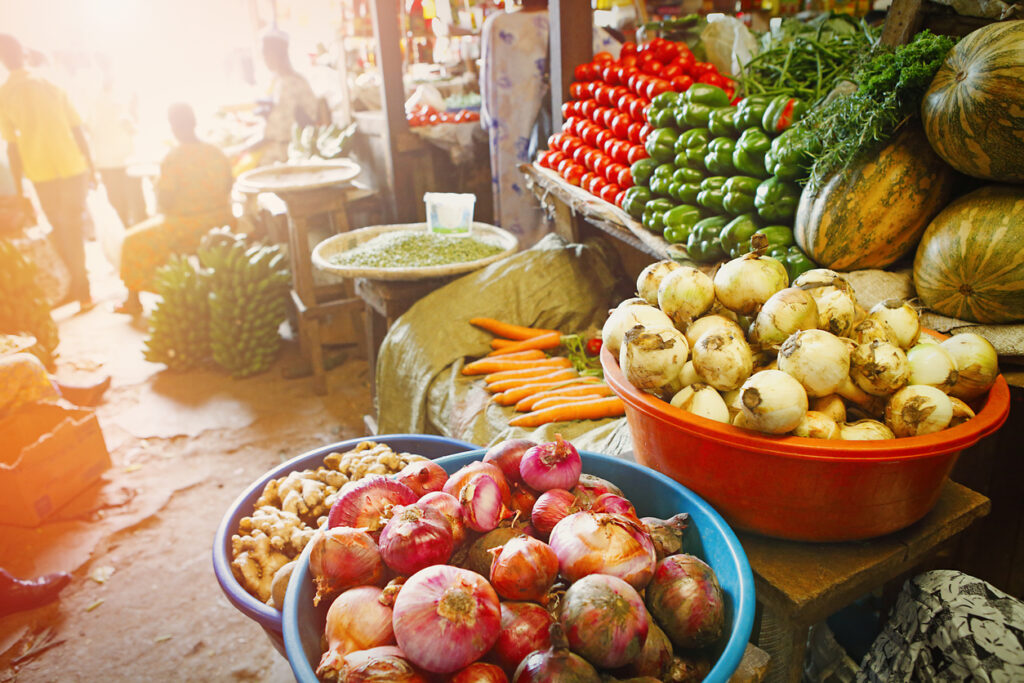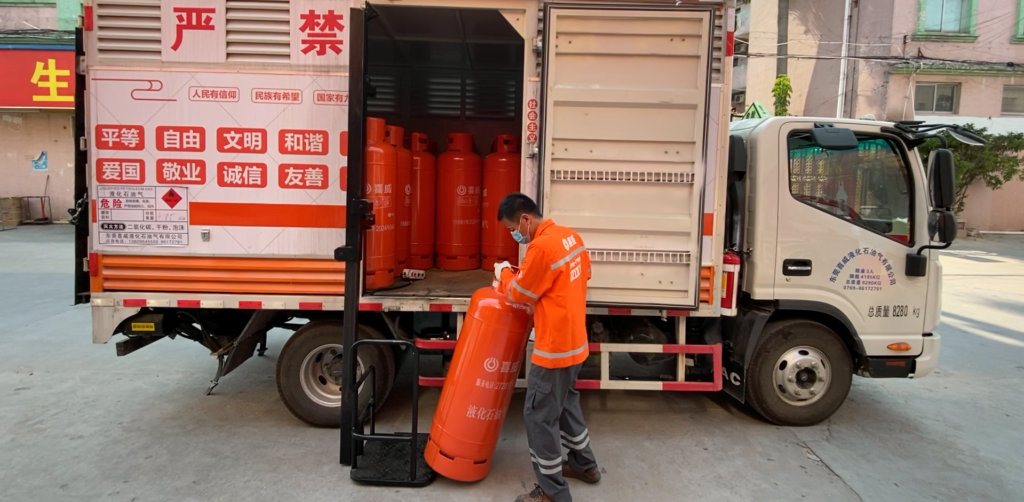Good Health and Well-Being
LPG use helps to support good health and well-being through the prevention of non-communicable diseases in adults and pneumonia in children.
According to the World Health Organisation (WHO), air pollution kills seven million people prematurely each year. More than half of these die from Household Air Pollution (HAP), a result of the large disease burden related primarily to the use of polluting fuels for cooking, heating and lighting. This is the greatest environmental health risk in the world today.
Around three billion people still rely on solid fuels and kerosene for cooking. Reducing smoke emissions from household energy activities decreases the burden of disease associated with HAP and improves well-being, especially for women and children who bear the brunt of poor energy access.
For several important health outcomes such as child pneumonia, lung and cardiovascular disease, exposure to fine particulate matter (PM2.5) and carbon monoxide (CO) needs to be reducedto very low levels to achieve health benefits.
The majority of solid-fuel cooking interventions promoted over the years have not come close enough to these levels.
One of the targets under SDG 3 is to “end preventable deaths of newborns and children under five years of age, with all countries aiming to reduce neonatal mortality to at least as low as 12 per 1,000 live births and under-five mortality to at least as low as 25 per 1,000 live births” by
2030. Dr. Maria Neira, Director of the Department of Public Health, Environmental and Social Determinants of Health at WHO, has said that “the best vaccination against pneumonia is ensuring that kids don’t breathe dirty air at home.”
WHO data compiled from across the globe show that around 90% of all people breathe air contaminated with pollutants. Air pollution kills over seven million people every year due to the related disease burden. Children are especially at risk of pneumonia from breathing in polluted air.
”The best vaccination against pneumonia is ensuring that kids don’t breathe dirty air at home.”
Dr. Maria Neira, Director, Department of Public Health, Environmental and Social Determinants of Health, World Health Organisation
The WHO’s Indoor Air Quality Guidelines for household fuel combustion recommend the rapid scaling up of clean and modern cooking fuels such as LPG, gas and electricity in lower and middle income countries to reduce the burden of disease associated with HAP. LPG delivers significant direct health benefits from substantially reducing exposure to HAP from burning of solid fuels and kerosene, and can be scaled up at a rapid pace if the right policies, regulations and enabling conditions are in place.
Reduced emissions from the use of Autogas as a transportation fuel also have a protective role for health, especially in many urban environments where ambient air pollution levels are high.

